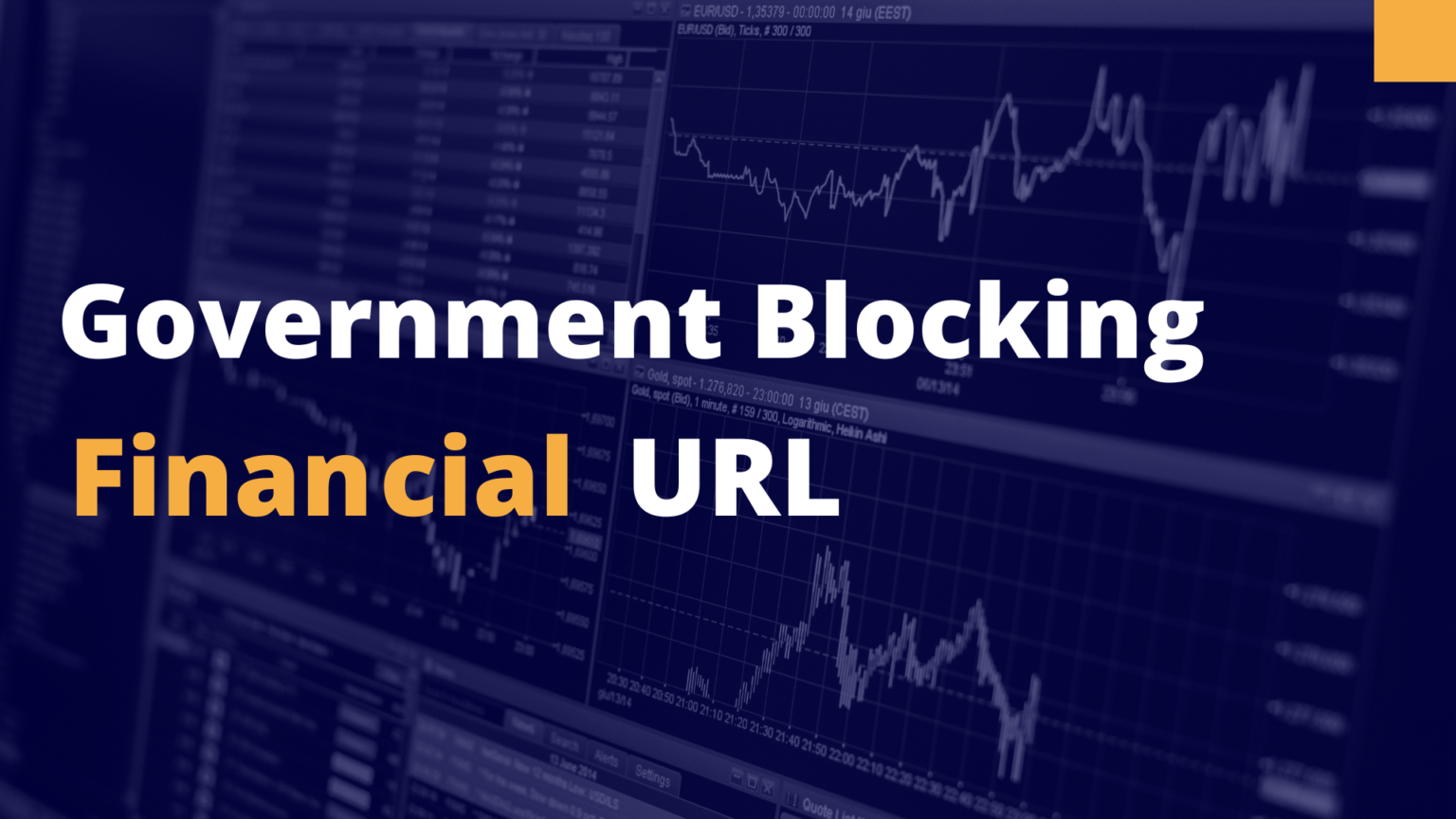The rising instances of money laundering and terror financing have compelled governments to tighten oversight of financial transactions. In their efforts to enforce anti-money laundering rules, some authorities have taken to restricting access to websites dealing in certain financial activities.
One of the commonly used techniques involves directing internet service providers to alter domain name system records to block and resolve specific URLs. Upon typing in the domain name, users are shown an error message stating the site cannot be reached. This approach leaves the underlying infrastructure of the targeted website intact but severs access by blocking the mapping between its domain name and web servers.
Alternatively, governments may choose to block internet protocol addresses directly to disable access. Deploying deep packet inspection systems, network traffic originating from or destined to blacklisted IP addresses gets dropped, effectively rendering associated websites inaccessible. While achieving the objective, this raises issues as the same IP is often shared amongst multiple sites.
A more nuanced method involves implementing sophisticated web filtering mechanisms. Powered by algorithms that continuously learn to categorize URLs based on content analysis, these tools offer a systematic way to flag pages dealing with restricted financial services. Requests for flagged domains get automatically blocked in line with the configured policy.
While blocking access helps address security concerns, it does impose limitations on open internet use. A balanced approach respecting both oversight needs and individual rights is ideal.



